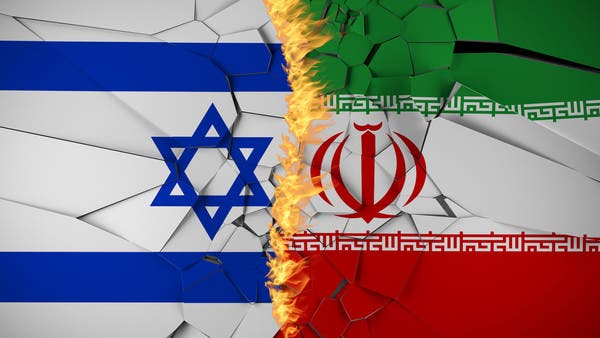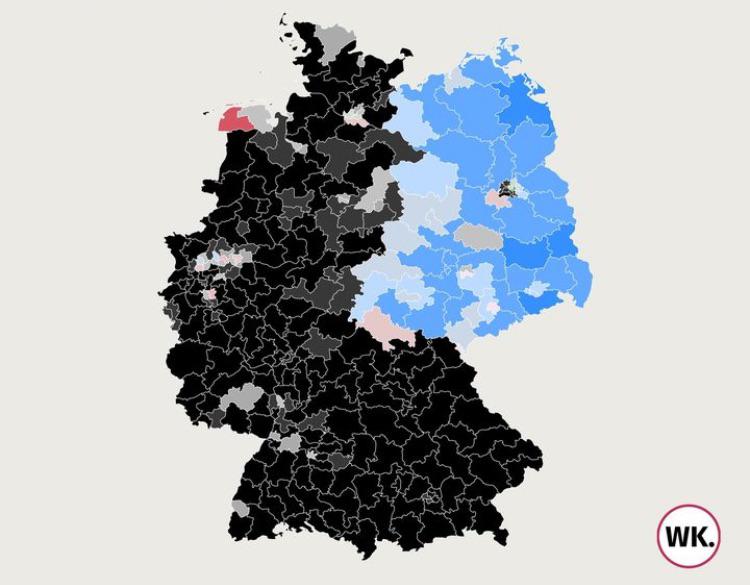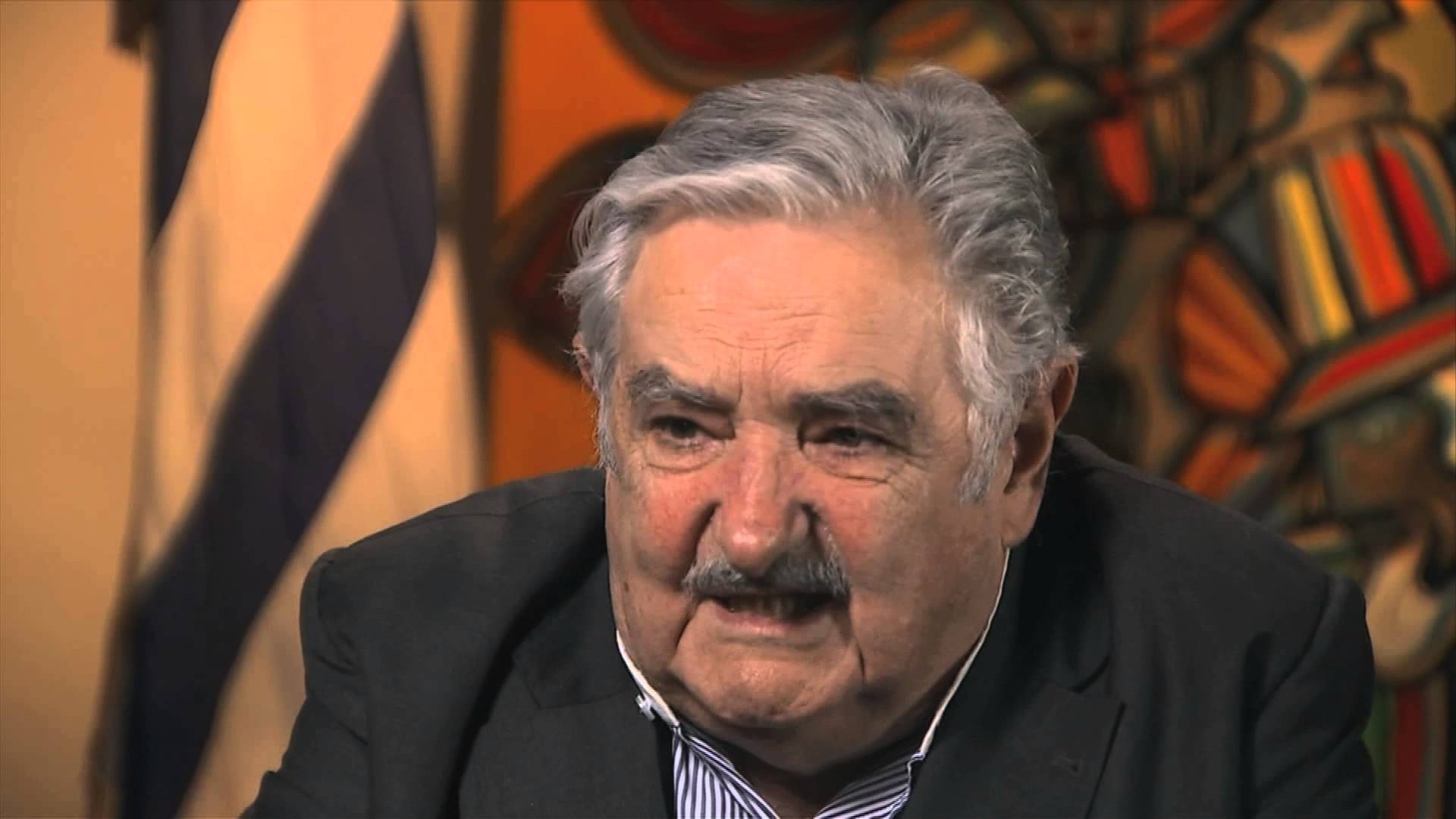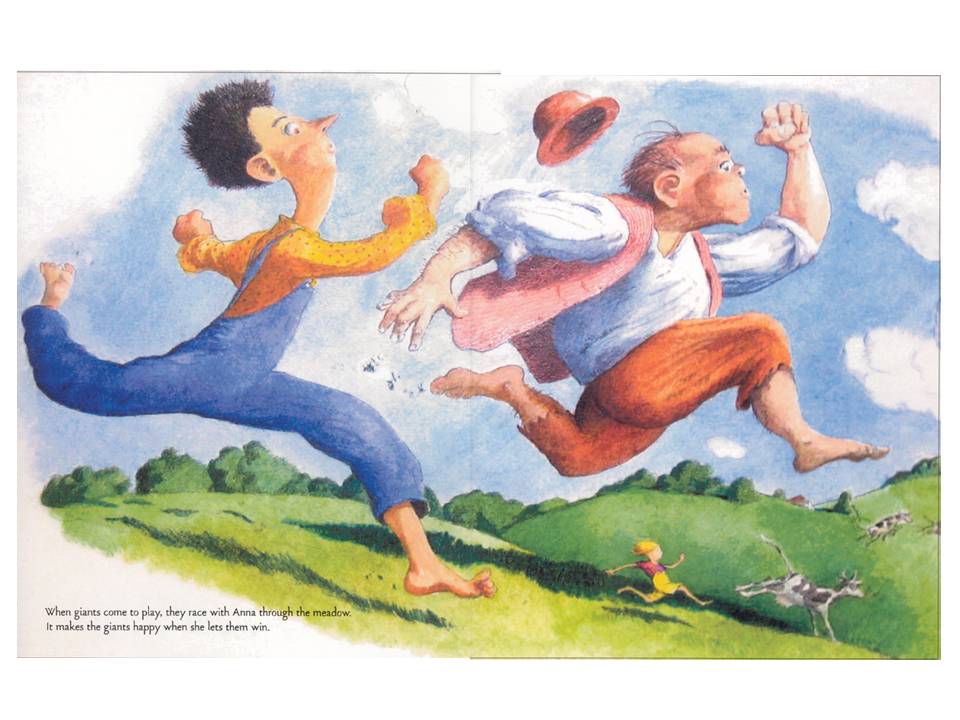Eurovision 2024: Iceland Leads Calls To Expel Israel Over Gaza Conflict

Table of Contents
Iceland's Official Stance and the Rationale Behind the Call for Expulsion
Iceland's position on Israel's participation in Eurovision 2024 stems from deep concerns about the ongoing humanitarian crisis in Gaza. The Icelandic government's official statement, while not explicitly calling for expulsion, strongly condemns the actions of the Israeli government in the recent conflict. This condemnation centers on accusations of human rights violations, including the targeting of civilians and the destruction of civilian infrastructure.
- Iceland's official statement: While not a direct call for expulsion, the statement expresses grave concern over the situation in Gaza and emphasizes Iceland's commitment to international humanitarian law.
- Human rights concerns: Iceland's call is fueled by reports of widespread suffering in Gaza, including significant civilian casualties and a severe lack of essential resources. These concerns are widely documented by international human rights organizations.
- Gaza conflict's connection to Eurovision: Proponents of Israel's expulsion argue that allowing Israel to participate would be akin to endorsing its actions in Gaza, undermining the humanitarian message of the Eurovision Song Contest.
- Legal ramifications: The expulsion of a participating country from Eurovision would be a significant legal and political undertaking, requiring careful consideration of the Eurovision rules and potential repercussions.
- Supporting statements: Several Icelandic NGOs and political figures have voiced their support for a stronger stance against Israel's participation in Eurovision, amplifying the pressure on the Icelandic government.
International Reactions and the Growing Movement for Boycott
The Icelandic initiative has sparked a mixed international response. While some countries and organizations echo Iceland's concerns regarding the human rights situation in Gaza, others have voiced their opposition to politicizing Eurovision. The debate is playing out on a global stage, heavily influenced by social media and pre-existing political alignments.
- International response: Countries with strong pro-Palestinian sentiments are more likely to support Iceland's stance, while those with close ties to Israel may oppose it. The European Union has remained largely neutral, calling for a peaceful resolution to the conflict.
- Key figures and groups: Numerous pro-Palestinian advocacy groups have added their voices to the calls for a boycott or expulsion, leveraging the Eurovision platform to amplify their message.
- Potential for wider boycott: The controversy risks a broader boycott of Eurovision if the situation is not resolved amicably, potentially harming the event's reputation and viewership.
- Social media and public opinion: Social media platforms have become battlegrounds for the debate, with hashtags like #EurovisionBoycott and #FreePalestine trending alongside counter-narratives defending Israel's participation.
- Diplomatic consequences: The potential for diplomatic fallout is significant, particularly for countries caught between supporting the Eurovision Song Contest and expressing solidarity with either Israel or Palestine.
The EBU's Response and the Future of Eurovision's Political Neutrality
The European Broadcasting Union (EBU), the organizer of the Eurovision Song Contest, faces a significant challenge in maintaining its stated commitment to political neutrality. The calls for Israel's expulsion directly challenge this principle, forcing the EBU to navigate a complex political landscape.
- EBU's official response: The EBU has reiterated its commitment to political neutrality, but has also acknowledged the serious concerns raised about the situation in Gaza. Their response has been cautious, attempting to balance competing interests.
- EBU's policy on political neutrality: Historically, the EBU has strived to keep the Eurovision Song Contest free from overtly political statements, focusing on the artistic merit of the competing songs.
- Challenges to EBU neutrality: The current controversy highlights the inherent difficulty of separating art from politics, particularly in the face of a major international crisis involving one of the participating countries.
- Potential changes to Eurovision rules: The situation may lead to future revisions of Eurovision's rules and regulations to better address similar controversies and ensure a more inclusive and equitable environment.
- Long-term implications: The outcome of this controversy will significantly impact Eurovision's future, influencing its image and ability to remain a truly pan-European event.
Potential Alternatives and Solutions
Finding a solution that respects both the artistic integrity of Eurovision and the humanitarian concerns regarding Gaza will require creative compromise and dialogue.
- Compromise solutions: Possible solutions include issuing a strong statement condemning the violence in Gaza while affirming Israel's right to participate, or creating a platform within the Eurovision event to raise awareness about the humanitarian crisis.
- Dialogue between conflicting parties: Encouraging dialogue and negotiation between the Israeli government and Palestinian representatives could help de-escalate the conflict and reduce the pressure on Eurovision.
- Eurovision as a platform for peace: The Eurovision Song Contest could potentially be leveraged as a platform for promoting peace and reconciliation, albeit carefully, focusing on messaging that promotes understanding and empathy.
- Addressing the Gaza crisis: Focusing on humanitarian aid and long-term solutions for the humanitarian crisis in Gaza might help reduce the impetus for politicizing the Eurovision Song Contest.
Conclusion
The calls for Israel's expulsion from Eurovision 2024, spearheaded by Iceland, highlight the complex intersection of politics, entertainment, and human rights. The controversy underscores the challenge of maintaining political neutrality in an international event while addressing significant humanitarian concerns. The EBU’s response and the broader international reaction will be crucial in shaping the future of Eurovision and its approach to handling such politically charged situations. The debate surrounding Eurovision 2024 and Israel's participation will undoubtedly continue to evolve, shaping not only the future of the contest but also the wider discourse surrounding the Israeli-Palestinian conflict.
Call to Action: Stay informed about the ongoing developments surrounding Eurovision 2024 and the debate over Israel's participation. Follow the evolving situation to understand the impact of the Gaza conflict on this major international event. Share your thoughts on the role of politics in Eurovision and the potential solutions to ensure a fair and inclusive competition for all. Let's continue the conversation about how to balance artistic expression with ethical considerations in major international events like Eurovision.

Featured Posts
-
 The German Election A Final Opportunity For Change
May 14, 2025
The German Election A Final Opportunity For Change
May 14, 2025 -
 Fans Buzz Over Tommy Furys Update Molly Mae Hagues Involvement
May 14, 2025
Fans Buzz Over Tommy Furys Update Molly Mae Hagues Involvement
May 14, 2025 -
 Bucci Sanremo A Rischio La Regione Interverra Per Salvare Il Festival
May 14, 2025
Bucci Sanremo A Rischio La Regione Interverra Per Salvare Il Festival
May 14, 2025 -
 Ex Presidente De Uruguay Jose Mujica Fallece A Los 89 Anos
May 14, 2025
Ex Presidente De Uruguay Jose Mujica Fallece A Los 89 Anos
May 14, 2025 -
 Remembering A Giants Legend
May 14, 2025
Remembering A Giants Legend
May 14, 2025
